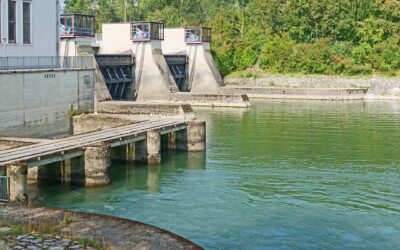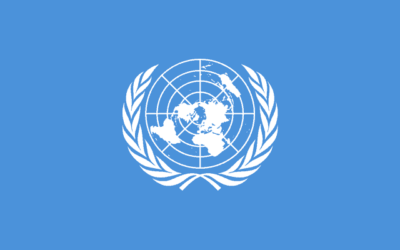Державні засоби правового захисту включають судові та несудові механізми, за якими забезпечують контроль чи сприяють функціонуванню державні органи та/або судові системи. Форма юридичного захисту залежить від скоєного проступку the скоєного проступку та відповідальності, яка виникає. Деякі правопорушення можуть спричинити кримінальну відповідальність, певні правопорушення можуть тягнути за собою to цивільну відповідальність, є також правопорушення, які можуть мати наслідком обидві форми відповідальності; це залежить від відповідної юрисдикції. Простіше кажучи, різниця між кримінальними засобами правового захисту або санкціями та цивільно-правовим режимом полягає в тому, що «кримінальне право покликане карати, а цивільне – компенсувати».
До судових механізмів належать місцеві та національні суди. Несудові механізми можуть включати національні контактні пункти ОЕСР, Офіси омбудсмена та національні правозахисні установи (особливо якщо вони можуть отримувати скарги).
Цивільні засоби правового захисту призначені в першу чергу для того, щоб виправити положення постраждалих або повернути їх у положення, в якому вони були б, якби не ситуація, яка завдала їм шкоди. Лише постраждал (а)ий або в деяких випадках близькі до нього/неї особи можуть подати цивільно-правовий позов проти тих, хто вчинив правопорушення. Цивільні засоби правового захисту часто мають форму фінансової або нефінансової компенсації, але можуть також включати, наприклад, вибачення, відшкодування, а також запобігання шкоди, наприклад, за допомогою судових заборон або гарантій неповторення.
Засоби захисту або санкції в ситуації кримінального правопорушення застосовуються державою з або без участі постраждалого. Кримінальні засоби правового захисту або санкції проти фізичної або юридичної особи (тобто бізнесу) можуть приймати різні форми залежно від юрисдикції, яка може включати включати позбавлення волі, домашній арешт, громадський нагляд, штрафи, реституцію та громадські роботи.
Text adapted from the Danish Institute for Human Rights Global NAPs website. To learn more, see the Business & Human Rights Resource Centre portal on Corporate Legal Accountability.
Текст адаптований з веб-сайту Global NAPs Данського інституту прав людини. Щоб дізнатися більше, перегляньте портал Ресурсного центру з бізнесу і прав людини про корпоративну юридичну відповідальність.








